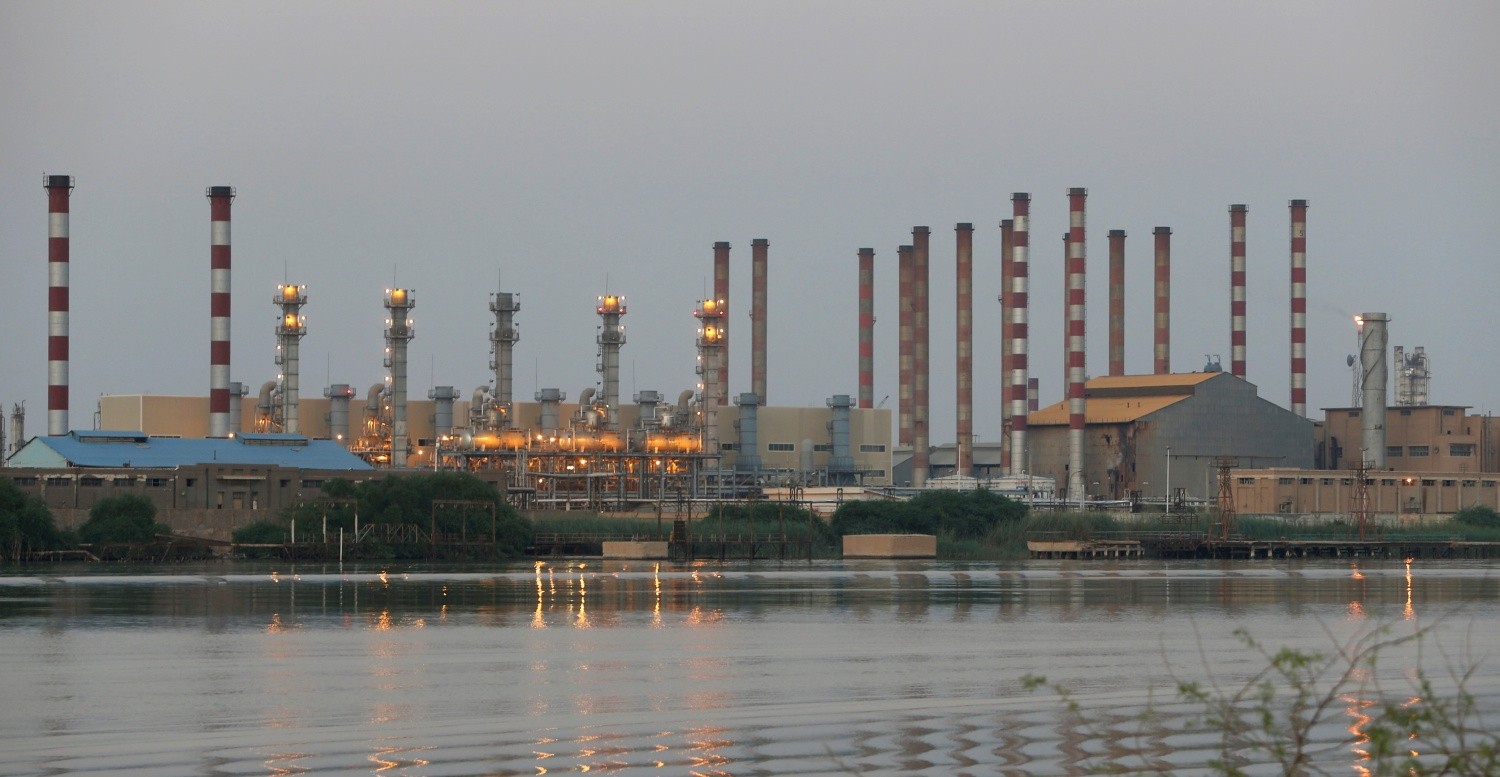
The total possible revenue for the projected period (2023-2030) represents the market potential for all industry players.
This paper examines the energy and power industry’s growth environment in the ME, outlining trends throughout the value chain and going over some recent changes that have an influence on the sector.
Forecasts and assessments are based on country-specific 2030 objectives, announced (or ongoing) power projects, and the publisher’s estimations of the energy production required to meet a country’s electricity consumption.
The Middle East now has unheard-of economic potential thanks to Russia’s conflict in Ukraine as Europe turns away from Russia as a source of oil.
Given that the region has one of the lowest levelized costs of energy (LCOE) in the production of renewable power globally, the European Union’s commitment to end its reliance on Russian energy by 2027 and its focus on renewables and hydrogen offer ME countries a strong business case for energy investments.
Power and energy investments will also be influenced by pledges to combat climate change and initiatives to diversify the economy of Gulf Cooperation Council (GCC) nations.
This is a market that necessitates strategic partnerships and crucial local market knowledge – both as a legal requirement and as a critical factor determining success. Capacity additions are happening at an accelerated pace, there is easy access to financing for renewable projects, and several incentives are earmarked to attract foreign investments.








